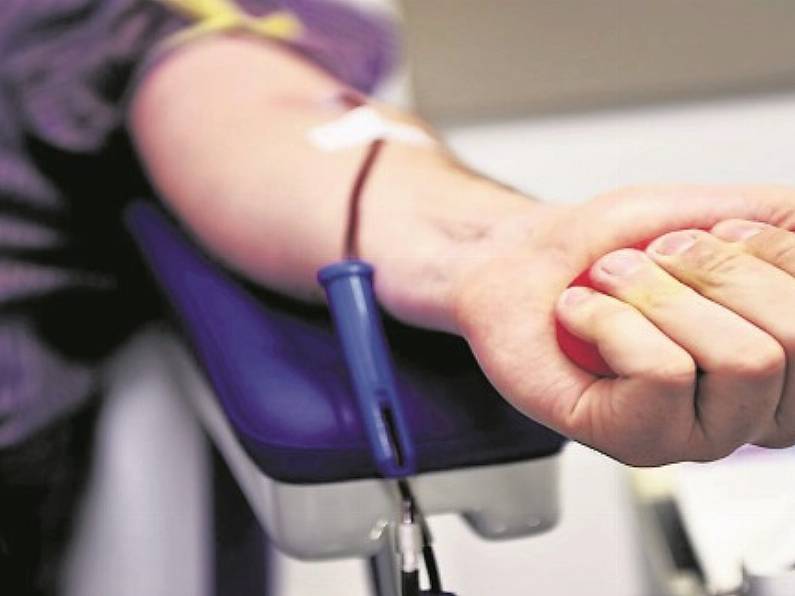Seventy men were refused permission to donate blood in the space of two years because they had sex with other men in the previous 12 months.
The Irish Blood Transfusion Service has released the details under the Freedom of Information Act.
After the emergence of Aids in the 1980s, men who had sex with men were barred from donating blood for their entire lives.
But the life-long ban was changed in January 2017.
Since then, men can donate blood if their last sexual contact with another man was more than 12 months beforehand.
But they would continue to be permanently excluded if they had had certain sexually transmitted infections or diseases.
According to these new figures, men were refused permission to donate blood on 70 occasions between 2017 and 2019 because they had sex with other men in the previous year.
Thomas O'Neill, LGBT rights officer of Trinity College's students union, disagrees with the current laws.
"I think we should reduce it to an individual risk assessment because someone could engage in a sexual act before they are able to give blood within the 12 month period but they could be completely healthy.
"So I think that if they have regular check-ups, STI checks and they maintain proper care of themselves then they should be able to give blood if they have no illnesses."
Mr O'Neill says that the law is discriminatory.
"The main reason they had the first complete ban was because of the HIV Aids crisis and then the 12 month ban is just a way of saying that they are being fair but that they could still have HIV even though HIV is actually more prevalent among heterosexual people at the moment.
"It's a virus so it doesn't attack someone specifically because of who they are, it just goes for whoever it can."
A breakdown of the 70 refusals shows that on 57 occasions, they were told they would have to wait 12 months before donating.
However, on 13 separate occasions, they were banned for donating for the rest of their lives.














